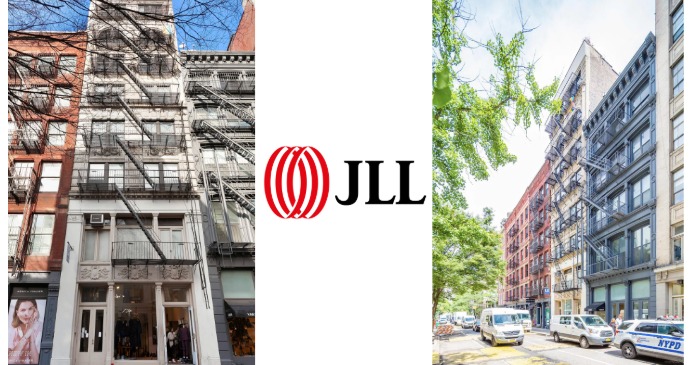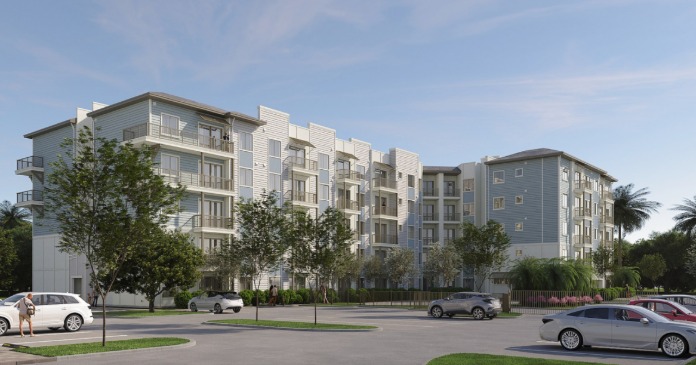An increasing number of jurisdictions recently have imposed rent control or are seriously considering doing so, leading many market participants to reconsider their investment decisions, according to the NMHC’s Quarterly Survey of Apartment Market Conditions, conducted in October 2019. Rent control legislation is continuing to expand with 58 percent of respondents saying that they operate in jurisdictions that have either recently imposed rent control or are seriously considering doing so. Of respondents who operate in these markets, over one-third (34 percent) have already cut back on investment or development, up from 20 percent last quarter, while an additional forty-nine percent are considering doing so going forward.
While rent control has led to increased concerns, the survey found that national market conditions remain strong as the Market Tightness (54), Equity Financing (55), and Debt Financing (75) indexes all came in above the breakeven level (50). The Sales Volume Index (46) indicated a continued softness in property sales.
“While there has been much speculation recently about a coming recession, these latest survey figures suggest that apartment demand continues to drive rent growth and occupancy,” noted NMHC Chief Economist Mark Obrinsky. “Twenty percent of respondents reported improving market conditions, compared to just 12 percent who observed a looser market. Lower interest rates continue to create a more favorable environment for debt financing, as 58 percent of respondents reported improving conditions.”
- The Market Tightness Index decreased from 60 to 54, indicating improving conditions for the third consecutive quarter. Twenty percent of respondents reported tighter market conditions than three months prior, compared to 12 percent who reported looser conditions. Over two-thirds (69 percent) of respondents felt that conditions were no different from last quarter.
- The Sales Volume Index decreased from 48 to 46, with 31 percent of respondents reporting lower sales volume than three months prior. A slightly smaller group – 23 percent of respondents – reported higher sales volume, while 41 percent regarded volume as unchanged. Although the share of respondents indicating increased sales volume was the highest in 5 quarters, the share indicating lower sales volume grew slightly as well, causing the index to remain below 50.
- The Equity Financing Index inched down from 56 to 55, marking the eighth straight quarter of relatively unchanged conditions. Eighteen percent of respondents reported that equity financing was more available than in the three months prior, compared to only nine percent who believed equity financing was less available. Meanwhile, the majority of respondents (60 percent) thought that conditions were unchanged in the equity market.
- The Debt Financing Index decreased from 80 to 75. For the third straight quarter, the majority of respondents (58 percent) report-ed better conditions for debt financing compared to the three months prior, while eight percent felt that financing conditions were less favorable. More than a quarter (27 percent) of respondents reported unchanged conditions.
About the Survey
The October 2019 Quarterly Survey of Apartment Market Conditions was conducted October 7-14, 2019; 102 CEOs and other senior executives of apartment-related firms nationwide responded. View the full data online.
About NMHC
Based in Washington, D.C., the National Multifamily Housing Council (NMHC) is the leadership of the three trillion-dollar apartment industry. We bring together the prominent apartment owners, managers and developers who help create thriving communities by providing apartment homes for 39 million Americans. NMHC provides a forum for insight, advocacy and action that enables both members and the communities they help build to thrive.













